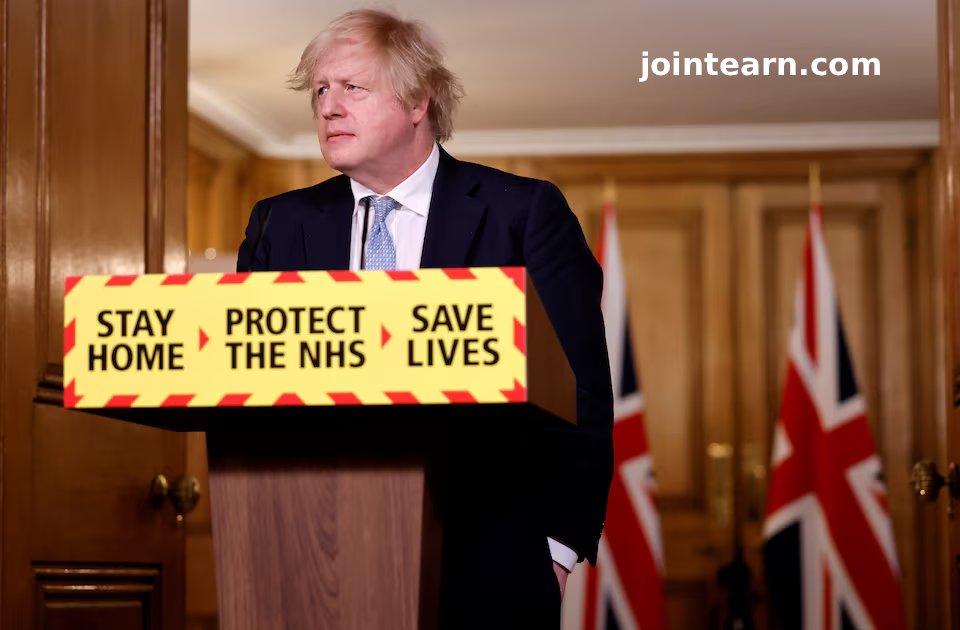
LONDON – November 21, 2025 – A public inquiry into the United Kingdom’s handling of the COVID-19 pandemic has found that former Prime Minister Boris Johnson oversaw a chaotic and indecisive response, which resulted in approximately 23,000 additional deaths during the first wave of the virus. The report, released on Thursday, also described a toxic culture at the heart of government and harshly criticized key figures, including Johnson’s top adviser Dominic Cummings.
Britain recorded over 230,000 COVID-19 deaths, a rate comparable to the United States and Italy, but higher than many other Western European countries. The inquiry, chaired by former judge Heather Hallett, concluded that a delay in implementing the country’s first lockdown in March 2020 was a critical factor contributing to the high death toll.
“There was a toxic and chaotic culture at the centre of the UK government during the pandemic,” the report stated, highlighting systemic issues in decision-making and leadership.
Key Findings: Leadership Failures and Missed Opportunities
The inquiry found that Johnson initially underestimated the seriousness of the virus, distracted by Brexit negotiations and other government priorities. This indecision, coupled with a culture where the loudest voices dominated, led to delayed policy responses and reduced consideration of expert advice. Women and minority voices were reportedly ignored, which hindered effective decision-making.
According to the report, had the UK locked down just one week earlier on March 16, 2020, nearly 23,000 lives might have been saved, reducing the death toll of the first wave by almost 48%. The inquiry also noted that later failures to act promptly as cases surged contributed to further national lockdowns.
Criticism of Key Figures: Cummings, Hancock, and Partygate
The inquiry delivered particularly strong criticism of Johnson’s chief adviser, Dominic Cummings, who, despite helping shape early pandemic policy, was described as a destabilizing influence using offensive and misogynistic language, often overstepping his official role.
Other senior officials were also scrutinized. Health Minister Matt Hancock resigned after photos showed him breaking COVID restrictions, and both Johnson and Rishi Sunak, then finance minister, were fined for lockdown breaches in the so-called Partygate scandals. The inquiry emphasized that such actions undermined public trust and government credibility.
Lessons and Recommendations
Thursday’s report, the second tranche of the public inquiry, contains 19 recommendations aimed at strengthening the UK’s future pandemic preparedness. These include improving government decision-making structures, ensuring timely expert input, and fostering a culture that avoids the toxic patterns observed at Downing Street during COVID.
The inquiry’s first module had already delivered a critical assessment of the UK’s readiness, warning that better preparation could have reduced both the financial and human toll of the pandemic.
Public and Political Reactions
Bereaved families and campaign groups described the findings as devastating, emphasizing the human cost of delayed action. Johnson has not issued a comment regarding the latest report, while other officials named in the inquiry, including Cummings and Hancock, also refrained from immediate responses.
This report serves as a stark reminder of the importance of decisive leadership, transparent governance, and adherence to expert advice during national crises. The findings are likely to shape future discussions on pandemic preparedness, crisis management, and the accountability of political leaders.


Leave a Reply